The Saturday Read: Summertime
Inside: Woolf, Nolan, Spacey, de Beauvoir, Blair, Just Stop Oil, and sex and gender.
Good morning, and welcome to the Saturday Read, the New Statesman’s weekly guide to the best writing on ideas, politics, books and culture. This is Harry, along with Will.
Last week 75,000 readers opened this newsletter for the first time, five months after launch. Thank you for reading us. Today’s edition is packed with pieces from our summer issue, on newsstands now. We hope you enjoy it.
NB: If this email doesn’t load for you in full, you can view it online (or in app) by clicking on the button you see when your email cuts off. Today’s email hasn’t ended until you reach the set of diaries Anna has picked.
If the pieces below intrigue, perhaps you’d like to try a trial subscription to the NS. Read three free articles after registering on our site. A digital subscription is only 95p a week. Let’s get to it.
1—What is a woman? Two essayists answer.
We asked two essayists – Richard Dawkins and Jacqueline Rose – to make their case. Dawkins argued for why biological sex matters:
High priests of postmodernism teach that lived experience and feelings trump science (which is just the mythology of a tribe of oppressive colonialists). Catholic (but not Protestant) theologians declare that consecrated wine actually becomes the blood of Christ. The dilute alcohol solution that remains in the chalice is but an Aristotelian “accidental”. The “whole substance” (hence the word “transubstantiation”) is divine blood in true reality. In the new religion of transsexual transubstantiation, a “woman’s penis” is just an “accidental”, a mere social construct. In “whole substance” she is a woman. A trans-substantiated woman.
Rose believes the gender binary is false:
In fact, the term “female”, as distinct from women, has its own tale. As the New York Magazine critic Andrea Long Chu has written in her book Females (2019), the biological category “female”, as it is understood today, was developed in the 19th century as a way of referring to black slaves. A female black slave was someone refused “the status of social and legal personhood”. To that extent, Chu observes, “a female has always been less than a person”. To assume that “female” is a neutral biological category is, therefore, historically naive and racially blind.
What do you think? HL
2—“The diary’s transformational task – to take our days, in all their abstract ephemerality, and turn them into a physical object.”
The new Granta editions of Virginia Woolf’s complete diaries run to around 2,500 pages. Anna Leszkiewicz read them all, and has produced a critical essay as fine as the work being critiqued. WL
For Woolf, writing was life, not-writing a kind of death. To neglect her diary was to let life go to waste, “like a tap left running”. She felt an “instinct” to record the stuff of her life. “I wonder why I do it,” she writes in one early entry, before quoting Marvell: “Time’s winged chariot hurrying near.” Before time ran out, she wanted to capture the present and its amorphous mass of sensation; her fixation with form was the attempt to build a net robust enough to catch it all.
3—“Human beings crave safety more than they yearn for liberty, and nowhere more so than in Russia.”
With Vladimir Putin now considered a war criminal in Nato’s capitals, John Gray argues that the West has staked the endgame of the war in Ukraine on regime change. What if that has the same result as it did in Libya or Iraq? WL
A larger version of the ethnic mayhem that followed the break-up of Yugoslavia, intensified by wars for control of unevenly distributed natural resources, is more likely. A humiliated Russia would be driven back into an impoverished, nuclear-armed Muscovite redoubt. Floods of refugees would head for Europe, destabilising governments across the continent. We may not be far from a point at which a Chinese takeover of Russia would be welcomed with relief.
4—“Maybe union bosses just haven’t spent enough time thinking about it.”
I interviewed Dale Vince, the green energy entrepreneur and Labour Party donor, who is no fool but is funding what appears to be a foolish movement: Just Stop Oil. We got into it. Vince also pushed back at union bosses, who have argued that Labour should stop kowtowing to the “bourgeois environmental lobby”. The unions, Vince said, “don’t get it”. HL
At one point, Vince referred to Britain as an “ex-world power with delusions of grandeur”. But Just Stop Oil itself seems to suffer from the same delusions. Nothing that happens in Britain will have any impact on the ultimate goal of the climate movement: preventing global warming of more than 1.5C°. Britain now accounts for less than 1 per cent of global carbon emissions. The fate of the planet will be decided in China, India and the United States, which collectively account for 51 per cent of global emissions.
“If I followed your path, I’d just give up,” Vince said. “We’re not important, the world’s f***ed unless China gets their act together – I don’t accept that.” He added that if we don’t act “no one’s going to listen to us”. But will China listen to Britain? It is not listening over the treatment of the Uyghurs in Xinjiang.
Tony Blair picked up this issue in his interview with Andrew below, claiming that “one year’s rise in China’s emissions would outscore the whole of Britain’s emissions for a year”.
5—“What happens when our protective illusions break down and we face the real world in all its stark brutality?”
Christopher Nolan is often compared to Stanley Kubrick. That’s another way of calling him a visionary who leaves a personal imprint on every roll of film he creates. But rarely is his world-view – a bleak and lethally coherent Tory realism – given much examination. I have delved into it, in search of its source, for our Weekend Essay. WL
Nolan’s ultra fastidious character hints at a pre-21st century moral seriousness. John David Washington, the star of Tenet, describes Nolan as “regular”. His sets are regular; he shoots rapidly, between 7am and 7pm, with a short break for lunch. His clothes are regular; a dark jacket over a blue collared shirt, black trousers, durable shoes and a herringbone waistcoat if the weather is cold.
The outfit never changes: Nolan has a uniform, not a wardrobe. Michael Caine, Nolan’s most frequent collaborator, speaks of a man who has made millions and millions of dollars, “but none of that has rubbed off on him. He lives exactly the same way.” Nolan believes in deadlines and assiduous resource allocation. He considers efficiency “a form of control”. No sentimental attachments. No concessions to fashion or whimsy or freedom. “I have to do the best with what I have,” says Jim Gordon, the harried cop in The Dark Night. Every Nolan hero is a confounded realist.
bp’s transformation is underway. Whilst today we’re mostly in oil & gas, we’ve increased global investment into our lower carbon & other transition businesses from around 3% in 2019 to around 30% last year. From offshore wind to EV charging to oil & gas, see how we’re putting plans into action.
6—“It wasn’t until I took a job as a nanny to fund my way through university that I learned of a parallel universe.”
This is a finely written column by Charlotte Stroud, her first for the magazine: on growing up without cultural capital, painfully acquiring it, and the left’s foolhardy crusade against it. HL
As I discovered, the dinner table is often the place where we non-aquatic beings are likely to be exposed. Whether it’s the daunting prospect of which knife to use, the horror of being asked to open a bottle of champagne, or the paralysis that ensues when you see an artichoke or lobster approach the table for the first time, bewildered by how to eat it, meal times threaten to stand on the edge of your cloak and whip it off for all to see.
I survived these experiences thanks to the children in my charge, whom I copied intently, noting how they scraped the artichoke leaf on their bottom teeth, how they deftly bashed, clamped and tweezed a lobster claw as naturally as though it were a plate of beans on toast, how they uncorked the wine for their parents with a practised dexterity.
7—“In his films, Spacey has always acted like a man with a secret. That’s been the gift, and the jeopardy: his and ours.
This week the jury at Southwark Crown Court cleared Kevin Spacey of sexually assaulting four men. Tanya Gold attended the trial, and found that it was less an expression of the British legal system and more an unsettling theatre of the absurd. WL
In court he was called Mr Spacey Fowler – the Spacey name is a conceit, and Fowler suits him better: there is something canny and striving in it, even if the real Spacey (unsure Spacey) is far more interesting to me than the unreal Spacey. This added to the cognitive dissonance of the trial. The case was multiple things: a series of factual questions to which the answer was no; a paradigm of how we treat actors (is he real?); a study in how emotional isolation can be monetised and calcified yet hurt you all the same; an episode of LA Law on location in London; Schadenfreude.
8—“For Funder, Eileen becomes a hammer with which to bash Orwell.”
The Orwell industry production line is, as ever, in rude health. Rebecca Solnit reviews three new books on the man, whose work will outlast the moralisms of the moment. HL
The feminist writer Moira Donegan recently mocked contemporary social media reflexes in a tweet about Oedipus: “Wow, unfollowing now. I was a fan of his work solving the riddle of the Sphinx. Did not know he killed his father and married his mother.” We are in an age of moralists; the standard question has become whether someone was virtuous, rather than whether they were interesting or useful or exhilarating.
9—“Simone de Beauvoir – one way or another always contentious, always relevant. Good. Let her disturb you.”
What happens when an existentialist, bound ethically to a thinking life, comes up against the end of thought? Ali Smith explores A Very Easy Death by Simone de Beauvoir. WL
Can you ever really yoke together with anything other than unease the word easy and the word death? This fundamental question sits at the core of this 1964 memoir by de Beauvoir of the death of her mother. It’s a book so slim it’s as if it suggests its own slightness. Nothing could be further from the truth. It is as tough and unflinching and courageous as a book can be. Sixty years on, it’s still (and I suspect always will be) shocking to the core. This is because it goes closer than close to the bone, to the core of loss in all of us.
10—“Even in climate change, AI and technology’s going to be key.”
What do you get when you interview Tony Blair today? Revolutionary fervour: for AI. Brexit was bad – he describes it to Andrew Marr as “a constant sadness to me” – but AI is the future in any case, Blair believes. His prescriptions for how Labour should ride that future are as zealous as the misguided plans his government once pursued for ID cards. (Mercifully my teachers’ assessments have been lost to time.) HL
AI will be “a revolutionary change… it will change literally everything”. Looking for examples, I ask about digitised health accounts, containing people’s full health histories, as some smaller European countries have: “Yeah, absolutely, it’s the future. And the larger countries will just have to catch up with the smaller ones, because the benefits are enormous.”
But Blair then goes much further in ways that many will find disturbing: “But you can also apply this to education: you should be able to store with each pupil not just the tests but the assessments – the teachers’ assessments, the interactions.” And after education, crime: “You will be able to do things like – through the use of DNA – change the whole basis of crime-fighting.
Will and Leila’s Best of the Rest
Times: Suella Braverman’s migrant “marquees” plan. Remind me what Skepta said about marquees?
Politico: Inside a Ukrainian baby factory. One of the more startling stories of the year.
Bill McKibben: Heatwaves are taking us outside history. Expect your suncream budget to rise for the rest of the century.
Helen Andrews: Barbie, a millennial mom movie.
Rebecca F Kuang: Goodreads is good, actually.
William Giraldi: Cormac McCarthy and the anxiety of influence.
Michael Gove: I’m still going on holiday to Greece. He’s never been one to let catastrophe stop him.
Rise of “lazy girl” jobs. Good work if you can get it.
Starmer smells grass. No, not that kind of grass.
Elsewhere on the NS
Tina Brown writes about our obsession with true crime and the resurfacing of a real-life thriller in this week's Diary.
Barbie has us all obsessed with the concept of girlhood. Sophie Mackintosh reminds us of another enduring depiction of it, Sofia Coppola’s haunting The Virgin Suicides.
Sophie McBain reads Outrage Machine by Tobias Rose-Stockwell, looking to understand why the internet makes us all attention-grabbing maniacs.
Prolific, flawed, fascinating: a look at “The Picasso problem” and how we should remember an iconic artist 50 years after his death, by Michael Prodger.
David Gauke affirms our sense that Sunak and Starmer share some eerie similarities – and explains why they now face the same challenges too.
Carlos Alcaraz’s stunning Wimbledon win is relived by Ed Smith.
Pippa Bailey illustrates the nightmare that is trying to rent in London (note: does not involve avocados).
Julia Rampen reports on the long struggle to save the art deco lido at Grange-over-Sands.
Tom Gatti loves to hate David Walliams’s rubbish children’s books.
Anoosh Chakelian discusses the Uxbridge Ulez fiasco, the nerve of housing associations, and why “silly” summer is no longer so.
How to get into: Diaries
Each week we ask someone to recommend three books as a way into a subject. This week we turned to Anna Leszkiewicz, who runs our critics coverage in print and is a critic herself, to recommend three diaries, given her piece on Woolf. She sent four.
The Unabridged Journals of Sylvia Plath (2000) – an obvious choice, but its reputation as one of the great literary diaries is well-deserved. The unabridged edition starts in 1950, when Plath was 18. I think often of one of her very first entries: “Some girl a hundred years ago once lived as I do. And she is dead. I am the present, but I know I, too, will pass. The high moment, the burning flash, come and are gone, continuous quicksand. And I don't want to die.”
The Unexpurgated Diaries of Anaïs Nin – Nin's diaries, published in “unexpurgated” form in the 1980s, include her reflections on her affair with Henry Miller as well as the brief sexual relationship she had as an adult with her estranged biological father. “I want to live only for ecstasy,” Nin writes. “Letters which give the postman a stiff back to carry, books which overflow from their covers, sexuality which bursts the thermometer.”
Patricia Highsmith: Her Diaries and Notebooks (2021) – Highsmith's diaries start out full of parties, sex and martinis, but soon descend into the self-chastising that so frequently seems to characterise the workaholic writer’s mind: “I have seen and lived in the real world for the first time in my stupid life,” Highsmith writes in one entry. “An unbookish life can be very useless.”
Sense and Sensibility: The Screenplay and Diaries by Emma Thompson (1996) – I have an unhealthy obsession with this 1995 film of Jane Austen’s novel, but you don’t need to share that affliction to relish these chatty, sardonic diaries written on set, featuring the “repellently gorgeous” Hugh Grant and Ang Lee’s brutal direction (“don’t look so old”).
Thank you for reading. Don’t miss out – subscribe to the New Statesman and stay up to date with everything you need: from news and analysis to comment and criticism.
Whether you’re looking for a sharp blog or a finely written feature, the New Statesman has you covered. Have a good week, and catch you next Saturday.
Thanks to Pippa Bailey and Leila Moore.


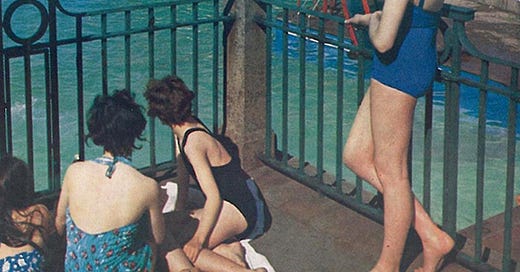










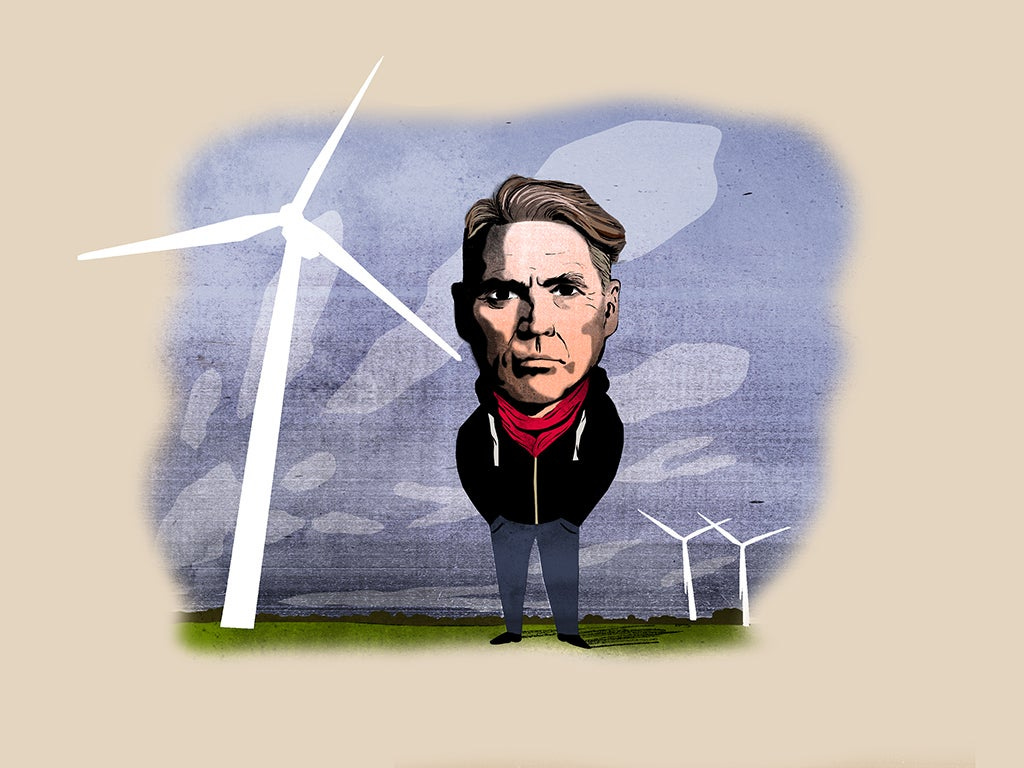
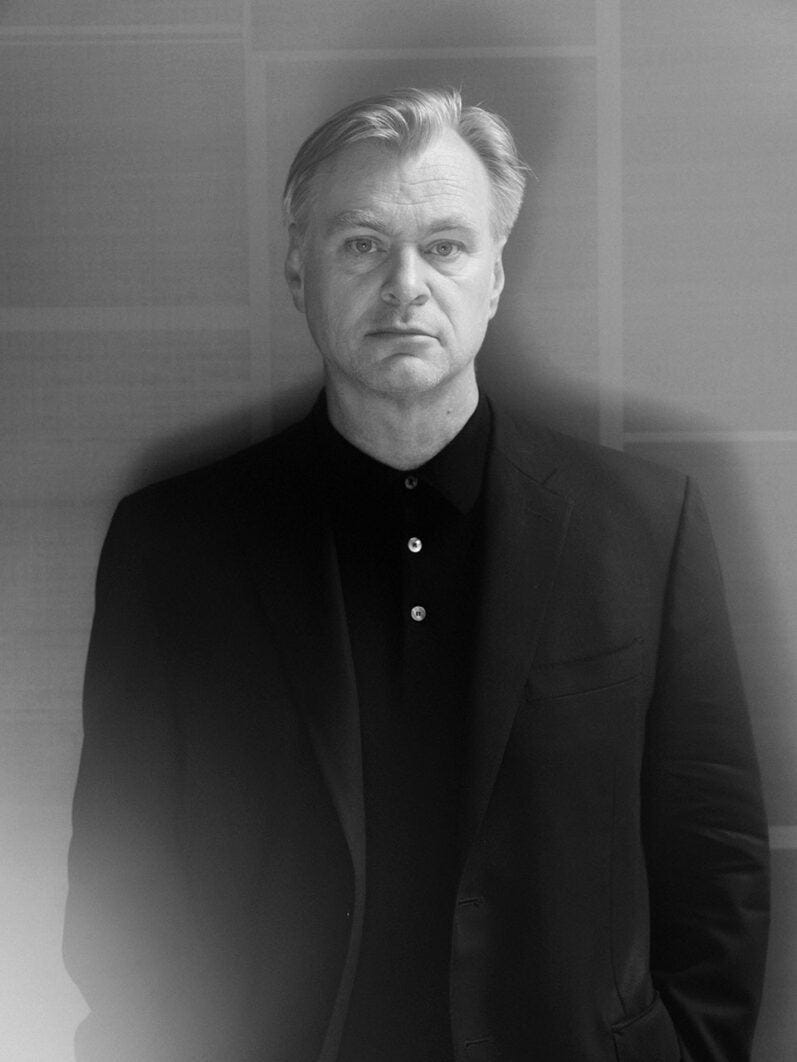
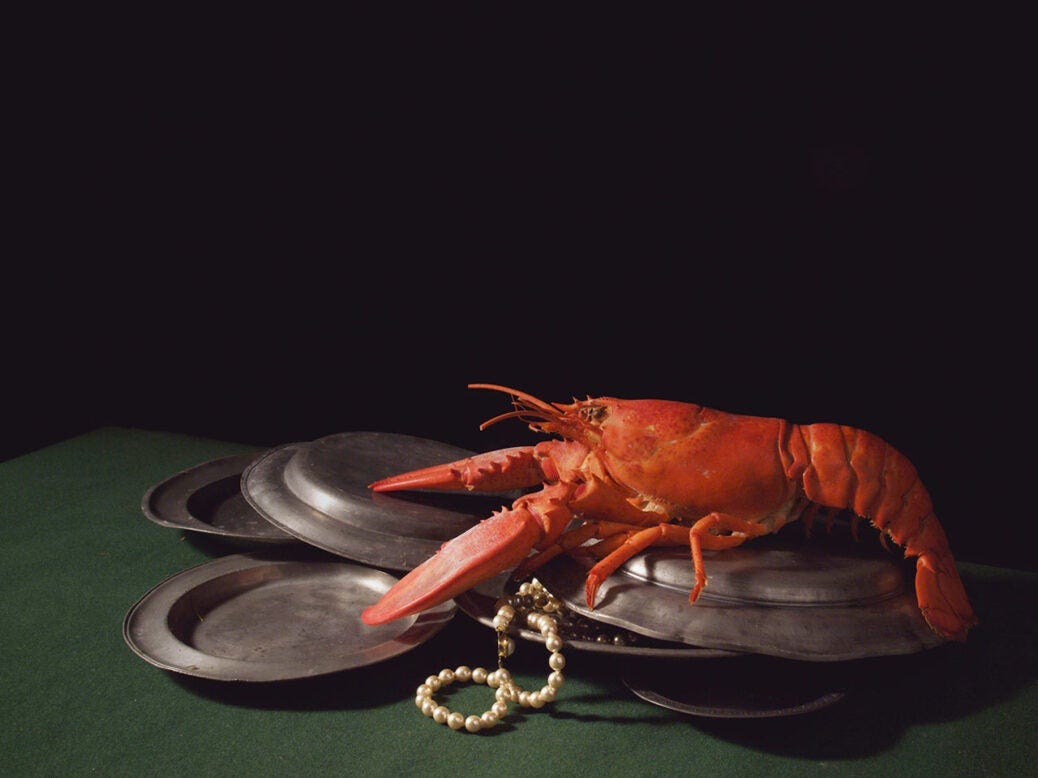
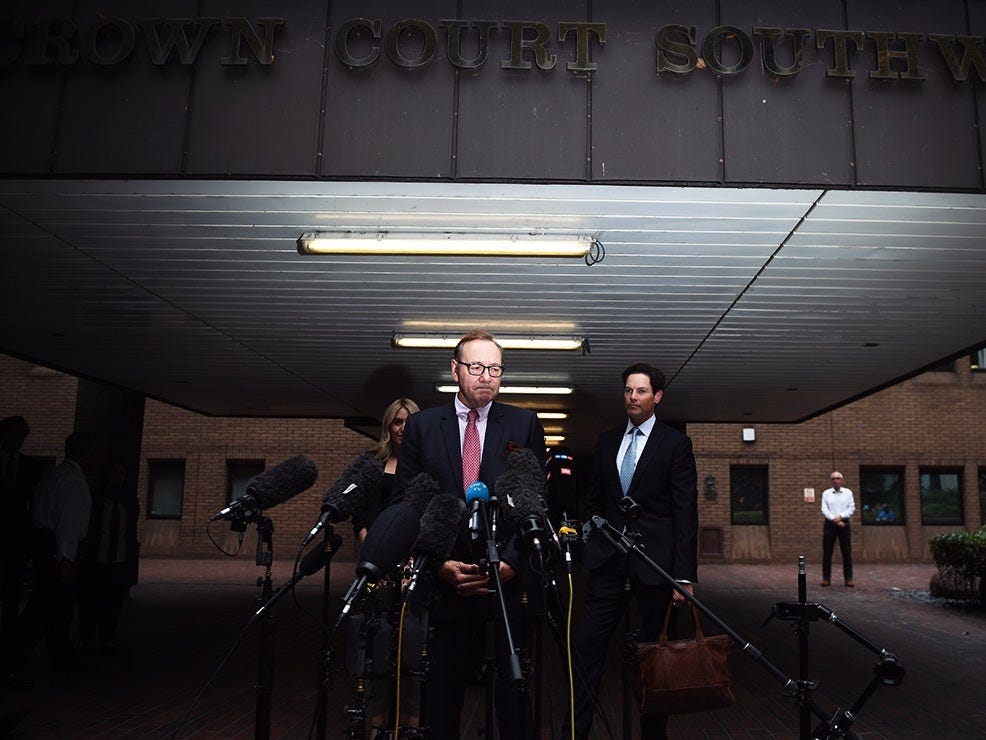
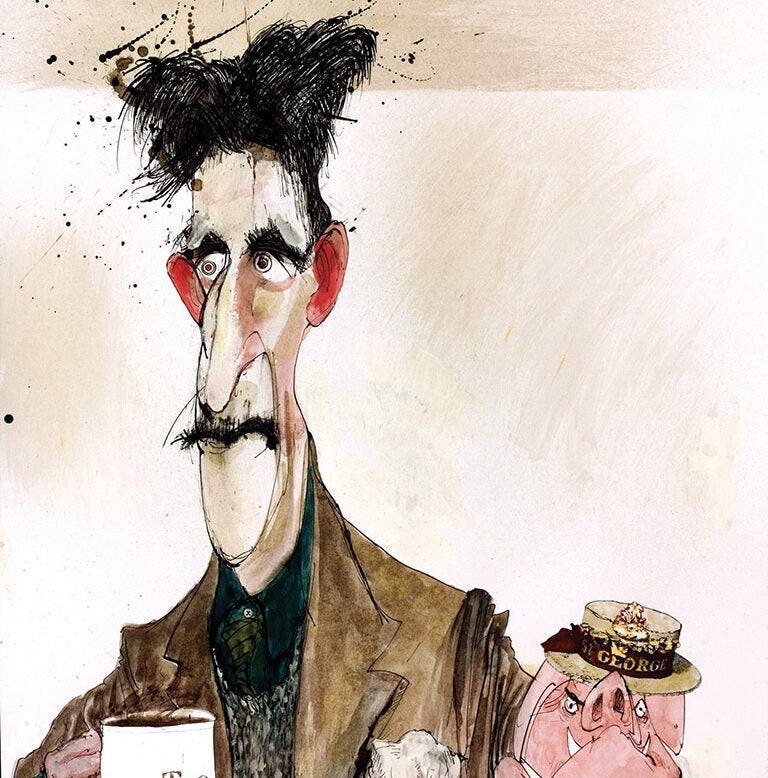
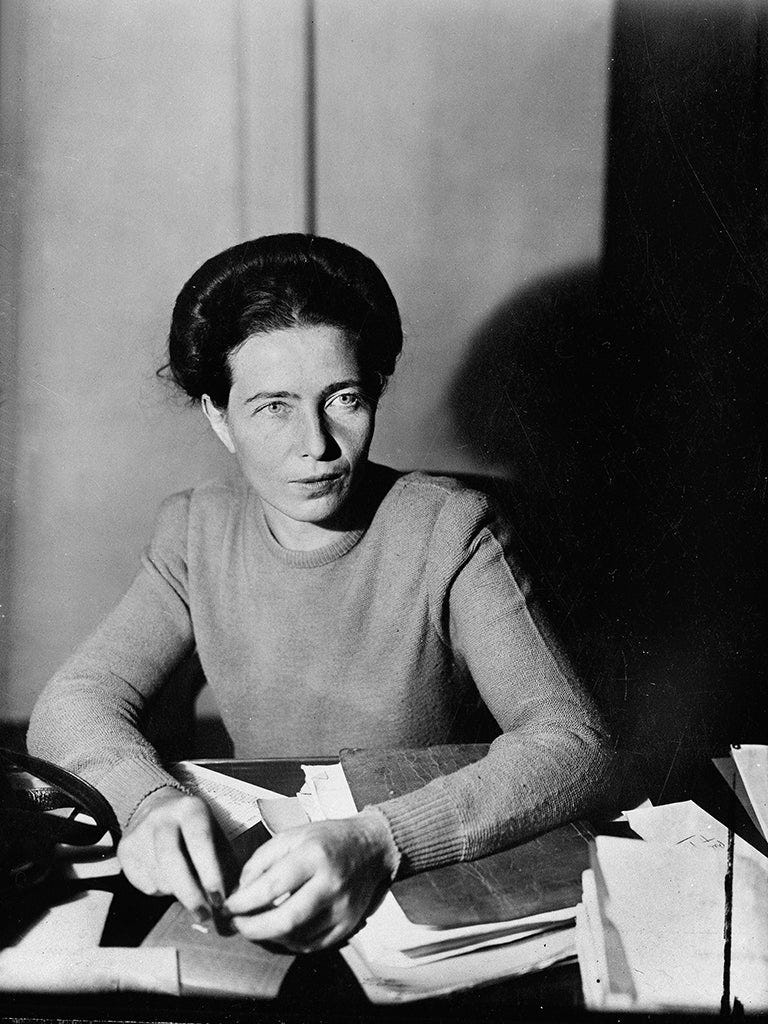
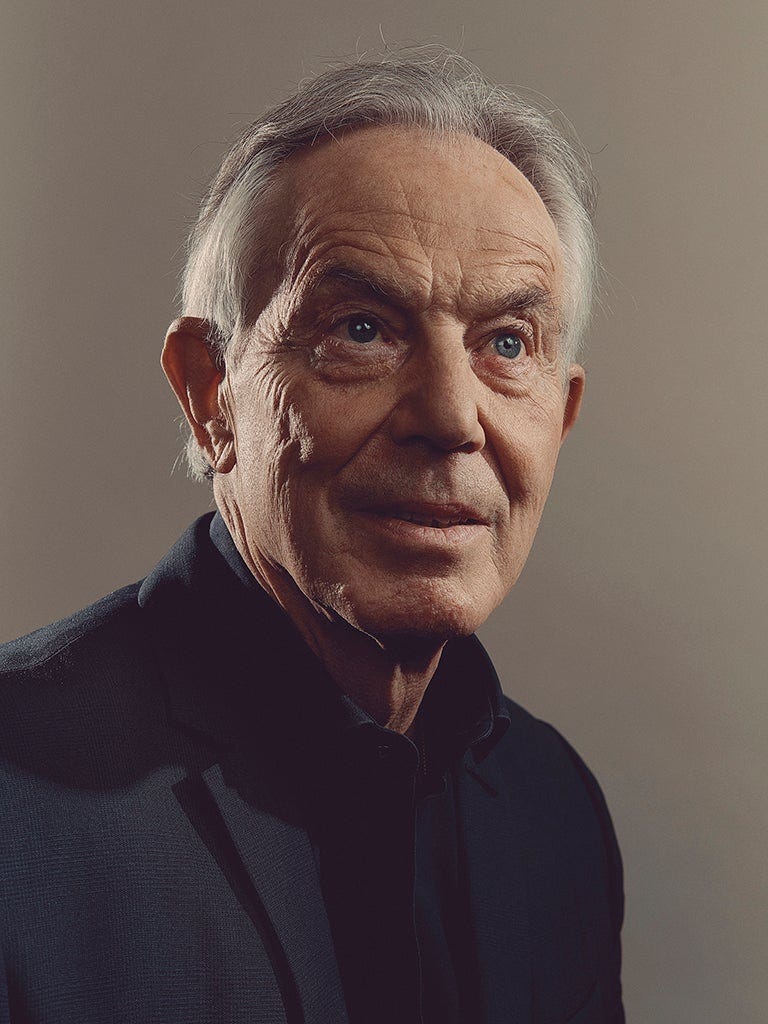


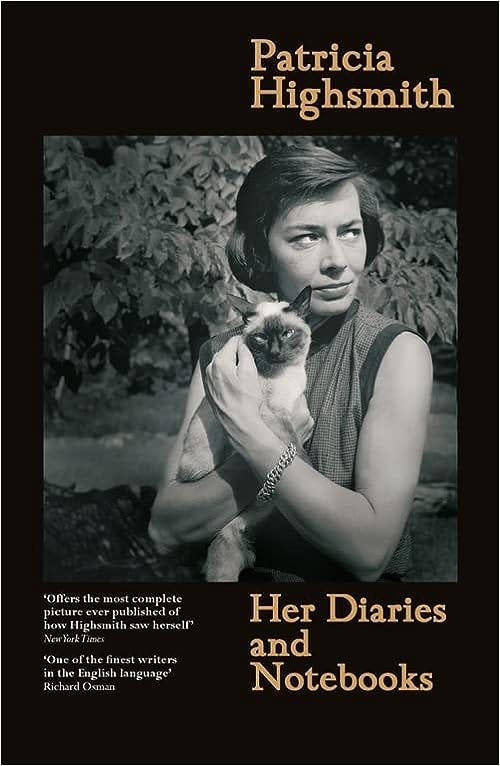

I don’t think it’s derogatory to trans people to acknowledge the physical reality of sex, while honouring the cultural and social realities of gender. One is a given, the other is a choice.
What do I think? I think this article was created to deliberately troll your readers by providing a false binary argument. Come on guys. You can do better. This is a nuanced argument affecting real people. It needs a nuanced, considered, compassionate response. Please don’t use this issue to drive cheap engagement for your newsletter.